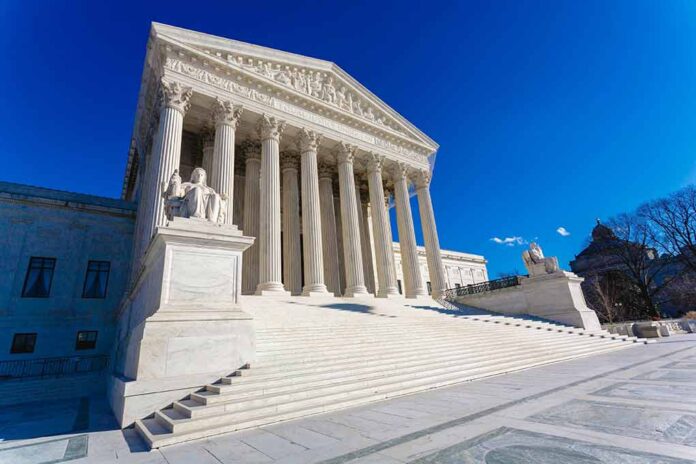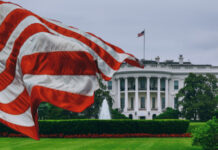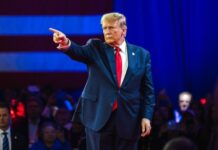
As the Supreme Court navigates the intricate legal waters of Garland v. VanDerStok. The future of ghost gun regulations is uncertain. Ghost guns are traceable firearms built from kits that lack serial numbers. A decision by the court will have an impact on future gun restrictions.
Ghost Guns Under Scrutiny
The United States Supreme Court is set to deliberate on a critical rule introduced in 2022 governing ghost guns—firearms assembled from kits with no traceable serial numbers. This day marks a significant challenge to the Biden administration’s attempt to classify these kits as firearms under the Gun Control Act of 1968, necessitating background checks and licensing similar to traditional firearms.
The ATF claims that this rule addresses a pressing public safety issue caused by the proliferation of ghost guns in the absence of adequate regulation. Challengers, on the other hand, argue against the ATF’s authority to redefine firearms, pointing out that private gun manufacturing has never required a license. They claim ghost guns are not commonly used in criminal activities.
The Supreme Court of the United States #scotus will decide the future of "ghost guns" in the United States after hearing arguments yesterday.
Attorney Vikas Bajaj explains the arguments in favor and against the ATF (Alcohol Tobacco and Firearms) Agency's regulations… pic.twitter.com/3qirWCaJQG
— Vikas Bajaj (@vikasbajajlaw) October 9, 2024
Debate Over Definitions and Interpretations
The central question in the debate is whether parts kits meet the definition of a firearm under the Gun Control Act. Judicial textualism aims to clarify how these terms are commonly perceived. Supporters of the regulation, including multiple states, consider it a sensible measure to curb violence associated with untraceable weapons.
“The 5th Circuit’s decision would allow anyone to ‘buy a kit online and assemble a fully functional gun in minutes—no background check, records, or serial number required. The result would be a flood of untraceable ghost guns into our nation’s communities,'” Solicitor General Elizabeth Prelogar wrote.
The argument also emphasizes the perceived ease of assembling ghost guns, with kits compared to readily available products such as IKEA furniture. Challengers, however, reject this analogy, arguing that Congress has jurisdiction over firearm product risks.
The future of regulating so-called "ghost guns" is now in the hands of the Supreme Court. Guns rights groups want to halt government restrictions on the weapons, but in arguments Tuesday, justices appeared skeptical. @DBrennanTV reports.
https://t.co/Qjcy4a0OB8— CBS New York (@CBSNewYork) October 9, 2024
Impact of the Decision and Future Implications
The forthcoming decision could significantly influence firearm regulations, shaping how future administrations may impose restrictions. The ruling also bears on who can acquire ghost guns and could lead to an increase in these untraceable firearms if the regulation fails.
The ATF suggests that applying the 1968 law to ghost guns is really a matter of common sense. “If a State placed a tax on the sale of tables, chairs, couches, and bookshelves,” it explains, “IKEA could not avoid paying by insisting that it does not sell any of those items and instead sells ‘furniture parts kits’ that must be assembled by the purchaser.” –
The ruling’s repercussions extend to public safety and legislative policy, affecting overall gun market dynamics. This case not only tests the limits of regulatory power but also prompts a reevaluation of the legal definitions that have governed U.S. gun control efforts since 1968.
Sources:
Justices to hear challenge to regulation of unserialized ‘ghost guns’
Supreme Court to weigh legality of Biden administration’s ghost guns rule











